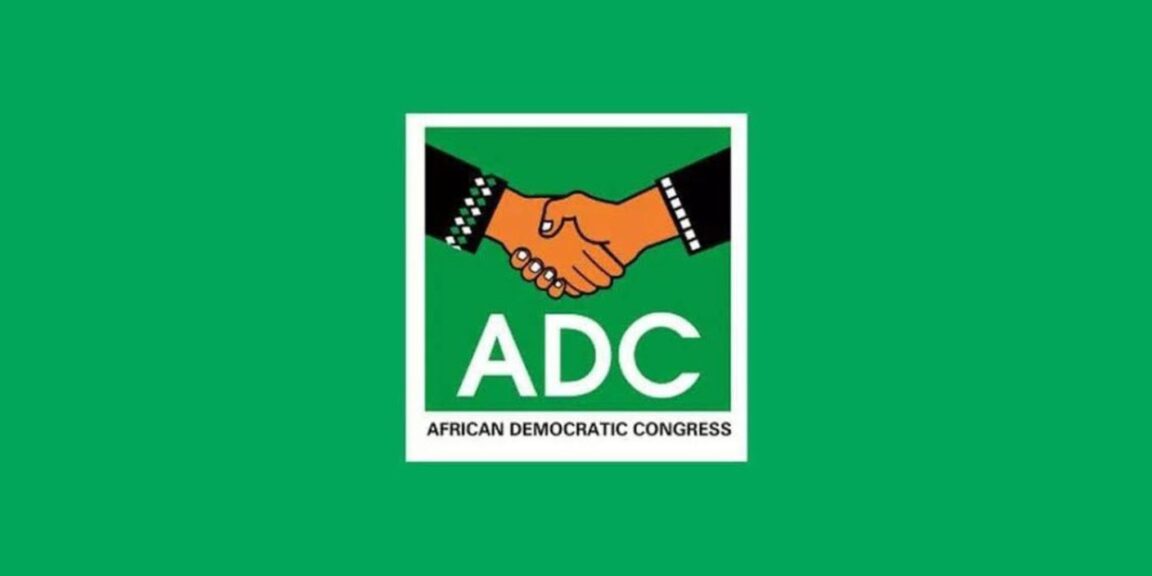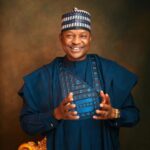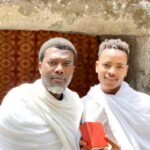Political commentator and former presidential aide, Reno Omokri, has raised concerns over the ideological consistency and credibility of the newly formed political coalition under the African Democratic Congress (ADC), describing it as a project riddled with contradictions.
In a post on his verified X (formerly Twitter) account, Omokri highlighted what he referred to as “five contradictions” that he believes undermine the coalition’s legitimacy and political coherence.
“You claim you will remove President Tinubu from office, but could not remove his minister from the PDP. Rather, it was his minister, Wike, who uprooted you from the PDP. Make that make sense,” he wrote.
Omokri also took a jab at the celebration of Abubakar Malami, the former Attorney General under President Muhammadu Buhari, allegedly for joining ADC, despite his role in banning Twitter in Nigeria in 2021.
“You are using X (formerly Twitter) to celebrate Malami for joining ADC! Is this not the same Malami who banned X in Nigeria?” he asked, calling attention to what he perceives as selective outrage and revisionism.
He further criticised the coalition for incorporating former ministers from the Buhari administration, despite routinely branding the former president as a failure.
“You say Buhari was a failure. Now you are packaging a party led by Buhari’s ministers. How could Buhari fail and his ministers win?” Omokri asked.
Turning his attention to Labour Party presidential candidate Peter Obi, Omokri recalled Obi’s past statements, in which he referred to old political power blocs as “structures of criminality.” He questioned how those same figures have now become Obi’s potential political allies in a supposed reform agenda.
“Peter Obi called these individuals ‘structures of criminality,’ and now, suddenly, they are the structures he will use to restructure Nigeria?” he queried.
Lastly, Omokri tackled the double standard in public perception, stating:
“Reno Omokri is a hypocrite for believing in President Tinubu, but Peter Obi is a patriot for aligning with Nasir el-Rufai.”
While Omokri has remained a vocal critic of many political movements in Nigeria, his latest comments underscore the ideological tensions and evolving alliances shaping the country’s political landscape ahead of 2027.



